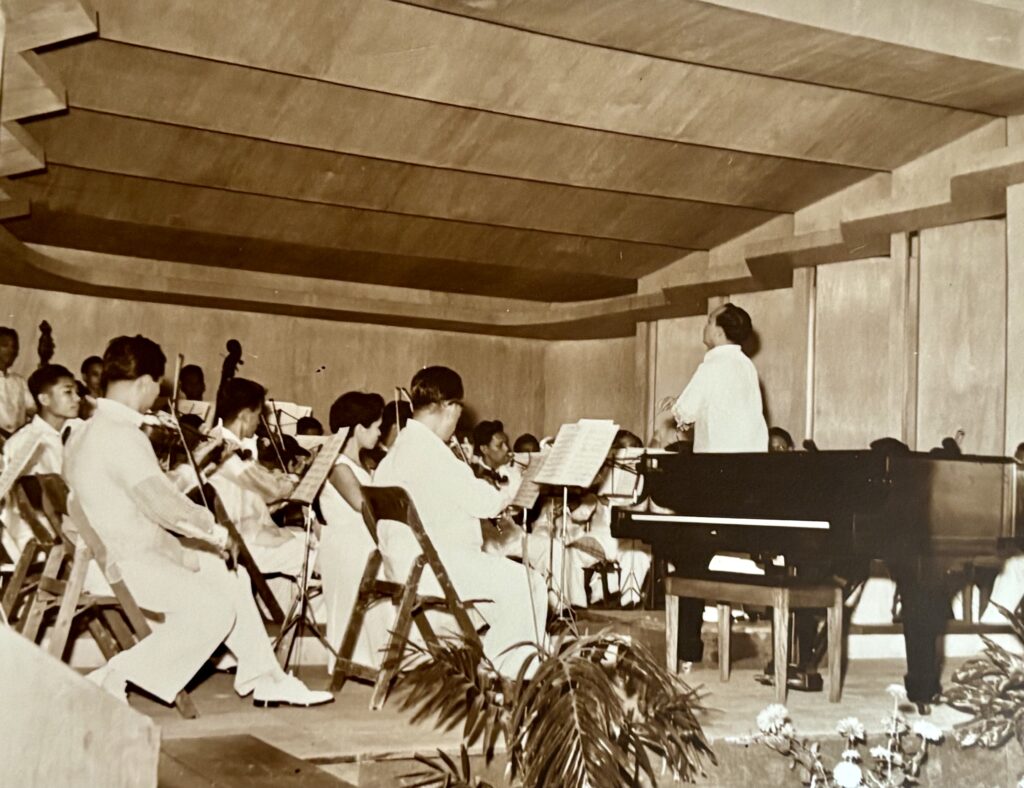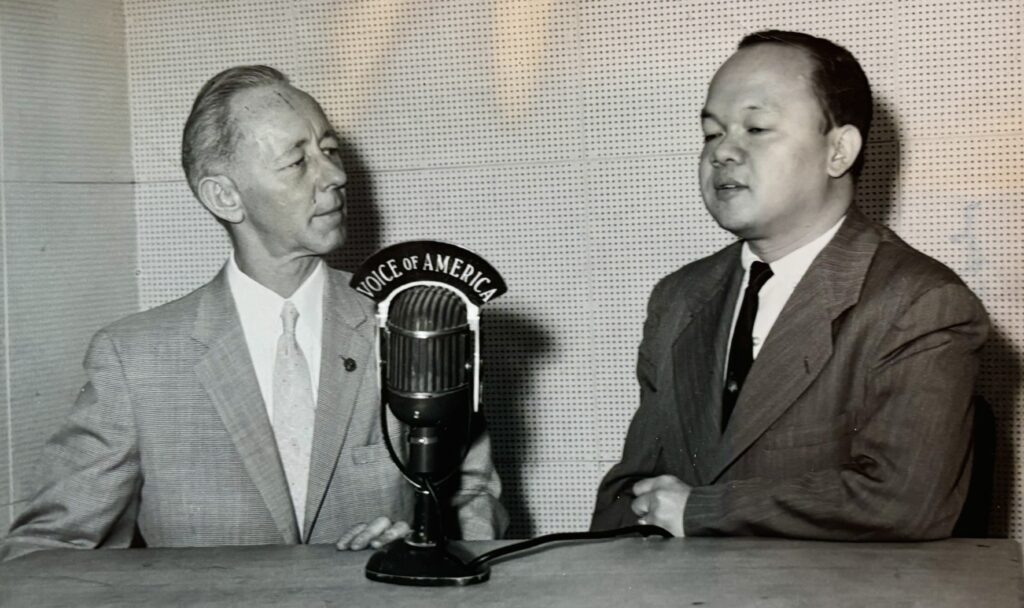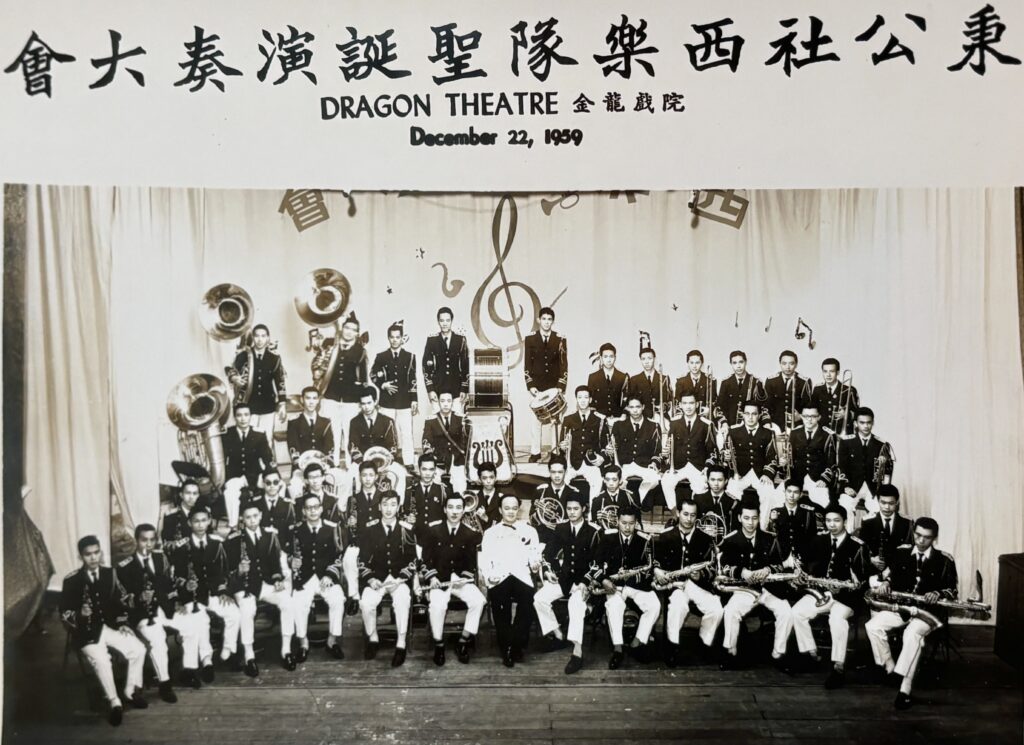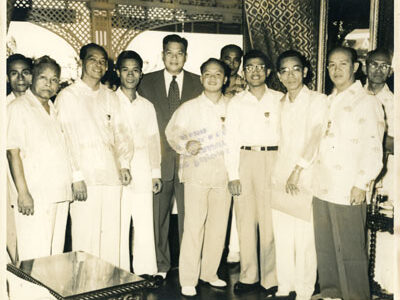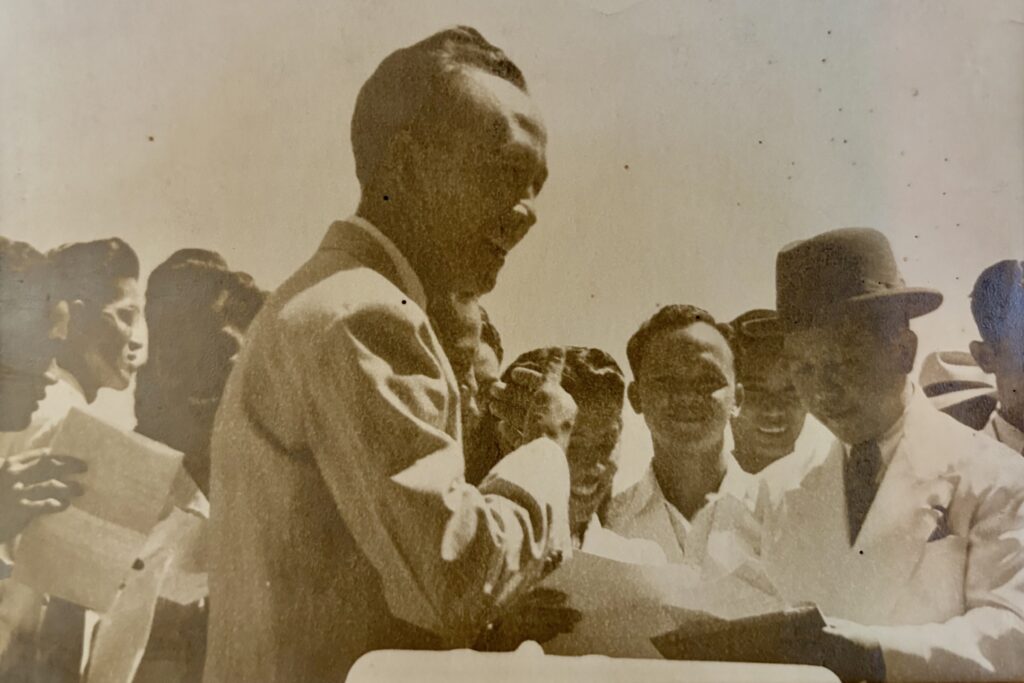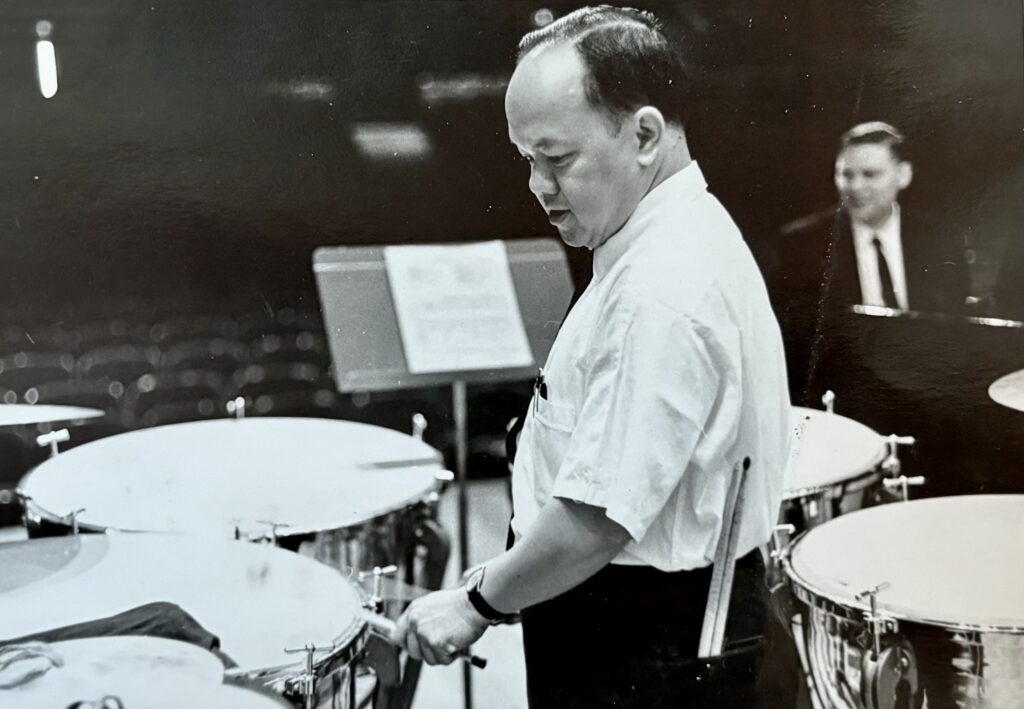Rosendo worked very hard to seize opportunities to progress in his career and his growing list of successes, prizes, etc. were earned just as the Philippines was gaining her independence on the world stage. Having lived through the horrors of war, participated in the establishment of a more cosmopolitan style of music for a modern era, and establishing a reputation as an authentic Filipino artist, his 30s set the stage for the next stage of his life in the United States.
August 7, 1951: Music tilt winner: First prize in March Contest conducted in connection with the July Fourth celebrations. “Philippine Republic March” was judged and chosen by the board chaired by Dr. Herbert Zipper (director of the Manila Symphony Orchestra).
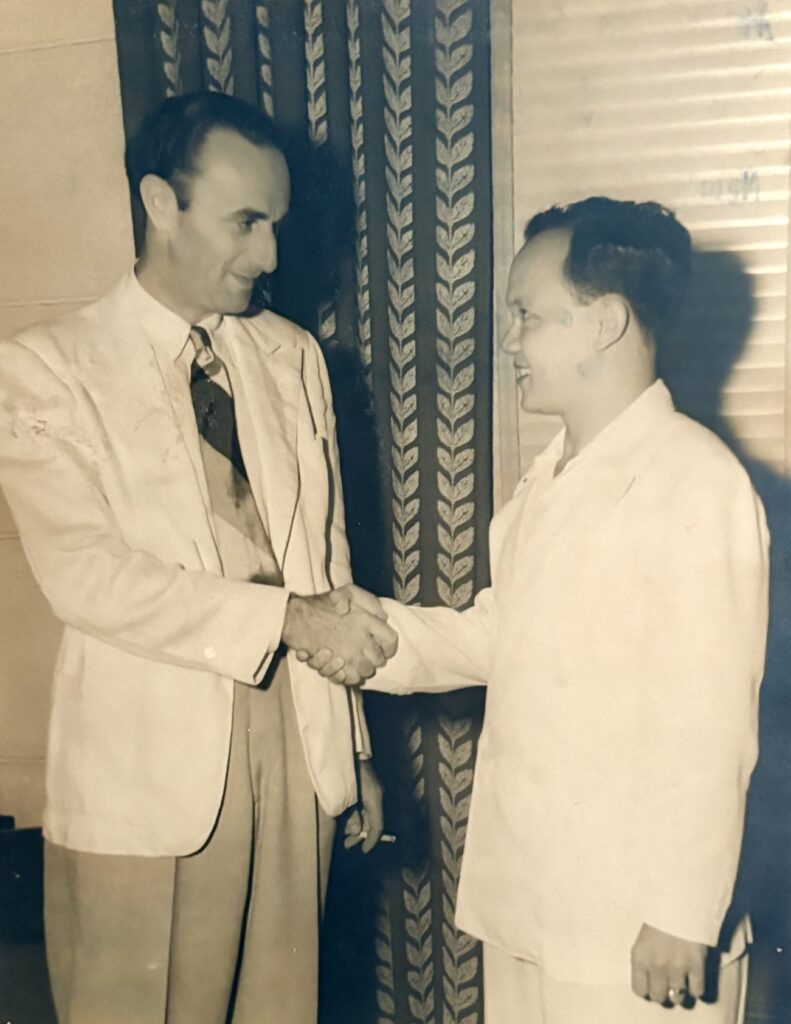
Harvard Glee Club:
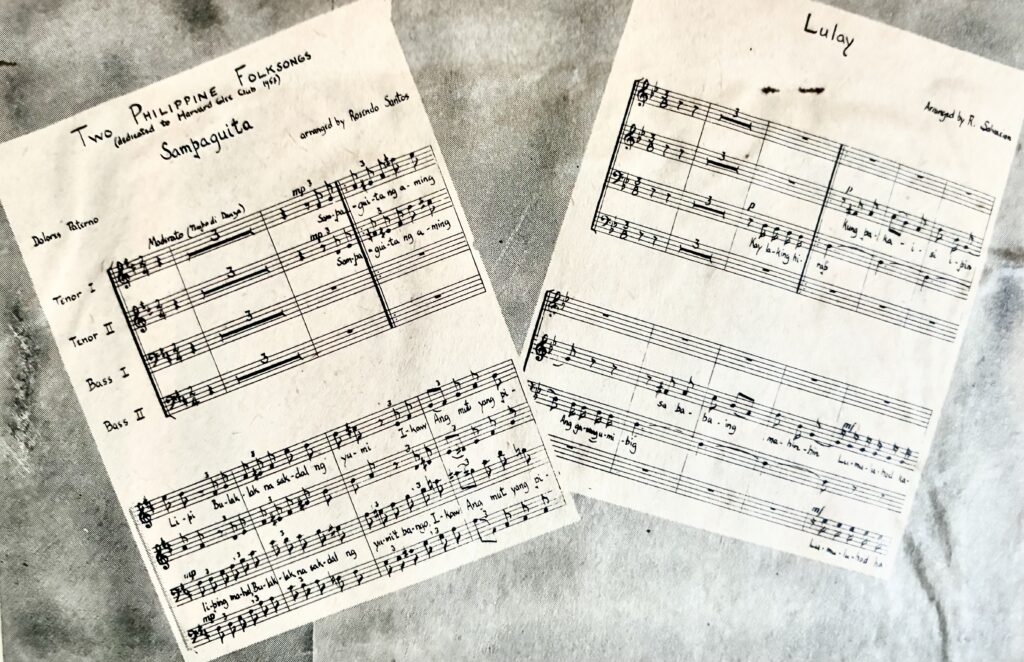
Sampaguita (1953): winning arrangement of a Filippine folk song. Earned him international acclaim as the Harvard Glee Club performed internationally, as well as the international circulation of the sheet music.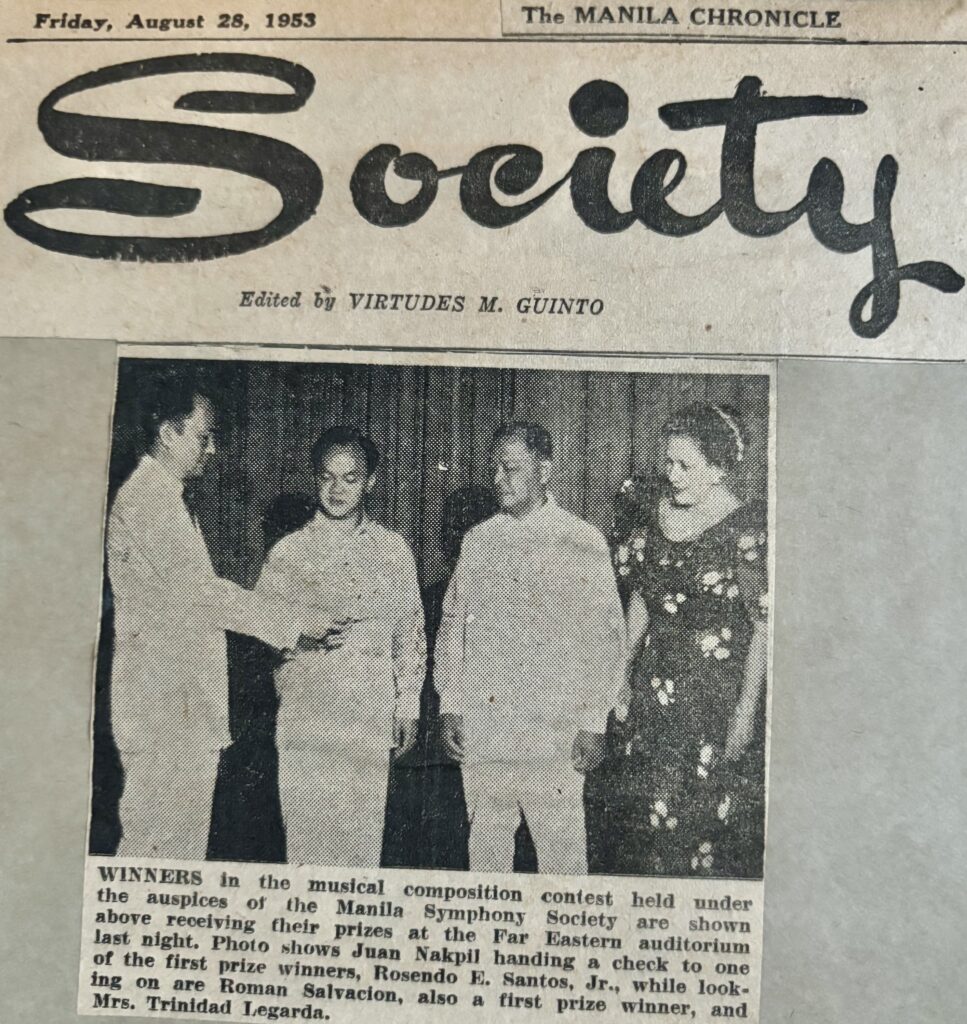
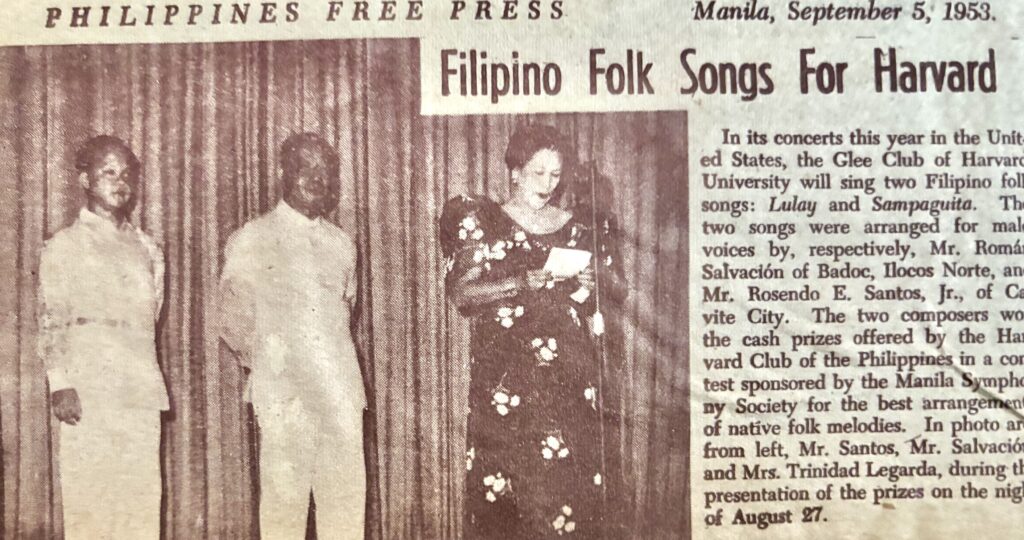
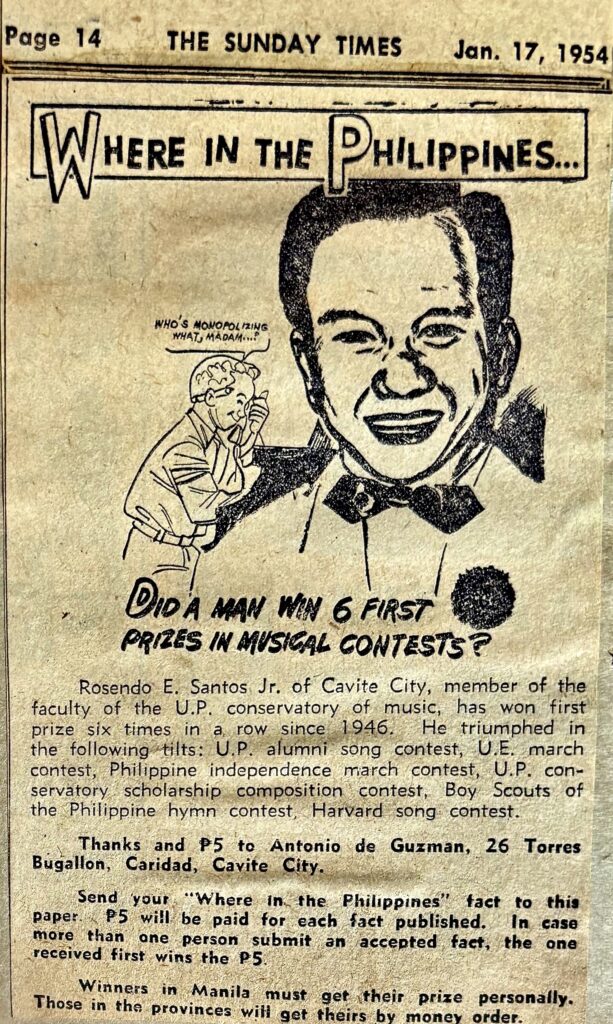
First National Music Conference–May 26-28, 1954:
The Philippines held its First National Music Conference May 26-28, 1954 at the University of the Philippines-Diliman recommended by UNESCO the previous year. With an emphasis on community of music in mind, the local National Music Council invited delegates from schools, conservatories, and music associations, all over the country, to attend a national music conference, the first of its kind hereabouts. Five hundred delegates responded. 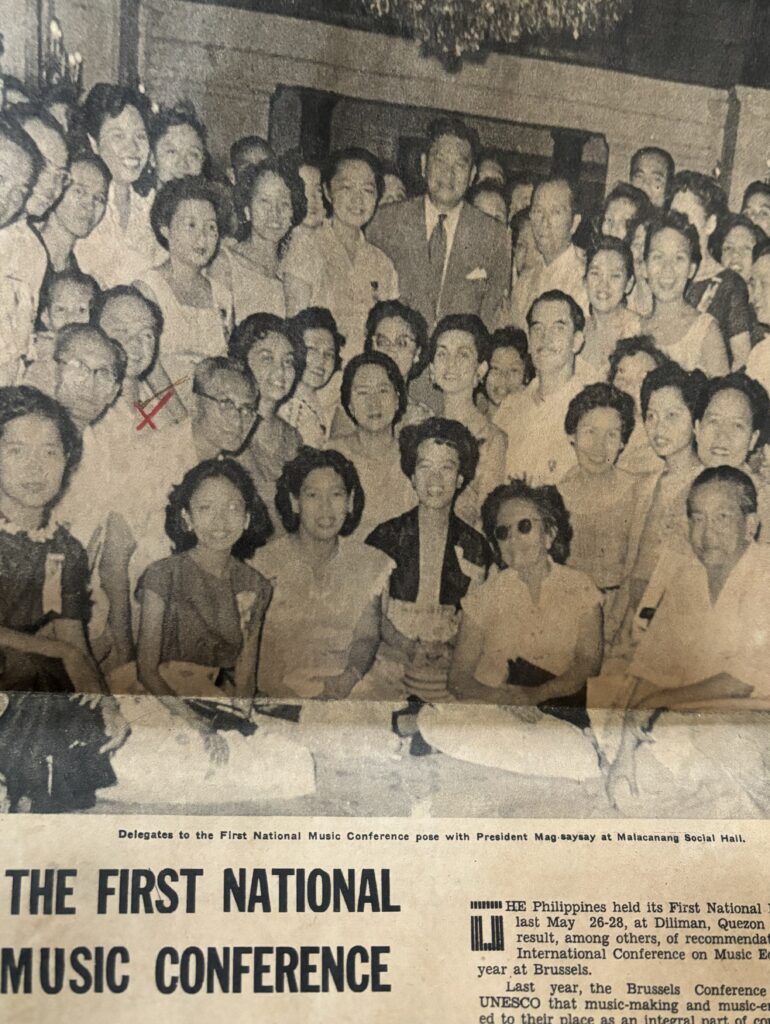
Rosendo had composed music, the National Music Council hymn, which was sung in all sessions of the conference, gained popularity when President Magsaysay joined in the singing. Additionally, he had an overture performed by the Manila Symphony Orchestra on May 28th. A musical Filipiniana exhibit gave exposure to Rosendo’s Piano Concerto No. 1 in G Minor and Mountain City Suite for piano.
DZRH Moments of Philippine Melodies Hour
Established on July 15, 1939, DZRH is the oldest private radio station, and the second oldest radio station in the Philippines, after the government-owned DZRB. Rosendo’s music was occasionally featured on the weekly program Moments of Philippine Melodies Hour, Sundays at 4:30 p.m. Broadcasted on July 18, then again on July 25, 1954, three artists featured his music. Mrs. Margaret S. Dailey, mezzo-soprano, and soloist of the Sangley Point Station Choir performed, “Peace” and “Answer” and American mezzo-soprano Angelina London performed “Ikaw Lamang” and “Linda” with Rosendo accompanying at the piano. Also, pianist Eloida Samoy performed his entire 3 movement “The Mountain City Suite” for piano”: I. Bontok Ili, II. Birds on the Pines, III. Igorot Wedding Feast which are all based on Igorot themes and written in the modern idiom.
Inauguration of 1956:
Trece Martires City was inaugurated as Provincial Capital on January 1, 1956, on the same day Governor Montano was sworn into office as Cavite’s Provincial Governor and Trece Martires City’s Ex-Officio City Mayor. Governor Montano chose to hold his inauguration as Cavite’s Provincial Governor and Ex-Officio City Mayor of Trece Martires City on January 1, 1956, coinciding with inauguration also of the new Provincial Capitol. This double inauguration served to emphasize the significance of the birth of the third and newest City of Cavite from which radiated the highest political and administrative power and influence in the province. That the city was named after the thirteen Caviteños who were executed by the Spaniards shortly after the outbreak of the Philippine Revolution is indicative of the message that the people of the province hope and expect it to carry out-a message of redemption from bondage to freedom and prosperity. Rosendo was present leading the “96” Band in various appropriate musical numbers.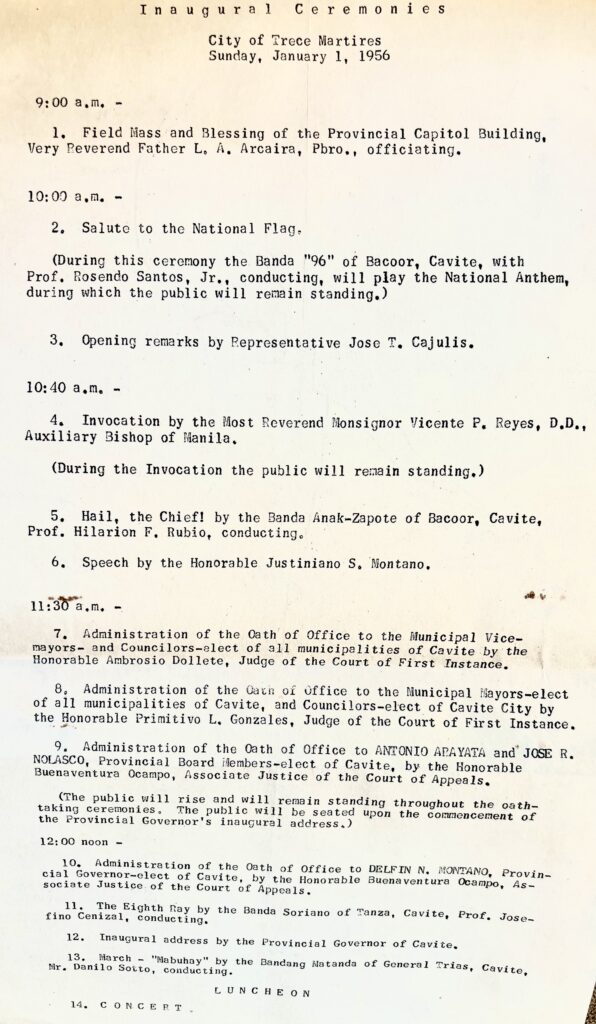
Conducting the Commencement concert: April 8, 1956: UP Conservatory Symphony Orchestra:
